Are you trying to sell your book? Are you trying to convince someone else to produce your book? Have you experienced frustration in querying or pitching? Well then, you may need a refresher course in the power of charged language.
When it comes to query documents, you can’t be afraid to overdramatize a bit. Now, that doesn’t mean make promises your book won’t keep. But remember, you’re condensing a whole novel into a page or less. You have to condense everything—not just the things that happen, but what is felt throughout the entire story. “Less is more” does apply to word count, but it does NOT apply to the individual words you choose.
What is charged language?
Charged language is a method of conveying a specific way of thinking, implying more beyond the written word. When introducing your story to a publisher, your words must spark a feeling they want to explore, a desire that requires your full manuscript to quench.
When you utilize charged language, everything you write packs more punch. If you’re trying to catch the attention of a literary agent, you’ve got to pack all the punch you can into every single word they have time to read. Literary agents are constantly bombarded by stacks of query letters pushing books and authors trying to seize their interest. Don’t waste a single word or phrase.
Troubleshooting your query letter
Let’s assume you’ve jumped through all the hoops. You’ve drafted, redrafted, submitted your work to beta readers, and drafted again. Then you hired a developmental editor or a line editor. Finally, you made all the appropriate adjustments.
Then you entered the next series of steps. You made sure you were targeting the proper audience by researching genres and tropes. With due diligence, you narrowed down a list of first-choice agents and publishers and got all of your documents in order.
But…nothing. No one has responded with that coveted full manuscript request. You don’t even have any feedback to work with.
There are a couple of places you can look to improve your query packet (the set of documents you’re submitting to each agent). I advise you to get new eyes on your blurb, your synopsis, and your first five pages. Swallow some pride, and be willing to take criticism. But before you get those extra eyes on those papers, I want you to look at them yourself. You may need some more charged language.
The First Scan
The easiest place to start this process is with the blurb since often your elevator pitches and queries and so forth derive from it. Read through the blurb and circle all your verbs. Now get another color, and circle all of your adjectives. Step one to amping up your charged language is to see how many of these verbs and adjectives can be combined.
“A beautiful, fancy dress” can become “a gown.” Similarly, a “thief on the run” can become a “fugitive.” Now, don’t get too caught up here—you don’t have to eliminate all of your adjectives and adverbs. But look for these opportunities, because the goal is to use a smaller number of more powerful words. You want to create a description at once concise and charged with tension. This is a great way to trim length without trimming content.
The Second Scan
Step two is to look at those same circled verbs and adjectives and replace as many as you can with weighted synonyms. What do I mean by that? I mean taking simple words and replacing them with words that mean the same but carry more complex connotations. Thus, you achieve words that hold emotional value, not just technical correctness.
For instance, let’s say your first line reads something like, “When John tells Mary he’s leaving, she’s sad.” The words tells describes shockingly little. Informs might imply this is her first notice; reminds implies backstory. Or, perhaps John shouts his plan in anger. Put more into that word for me to feel! Then, do the same with the word sad.
There’s a fantastic resource for this exercise called The Emotional Thesaurus. I’ve also been known to use Roget’s Thesaurus or even the American Heritage Dictionary to hunt around for the exact right word. Keep a scrap paper to list all the options you come across. When you find a word that’s close, let yourself follow the rabbit trail and look that new word up in turn. Be picky and open to new directions.
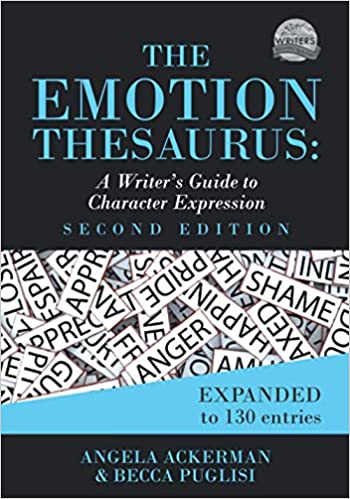
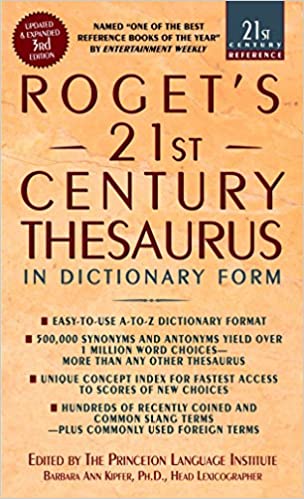
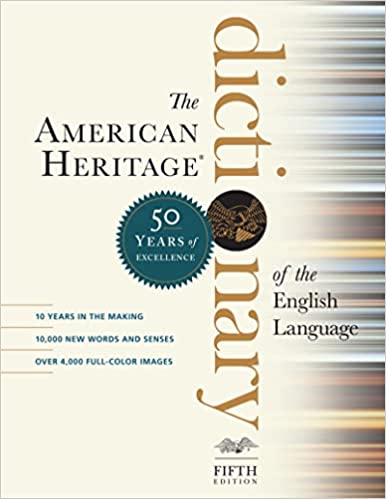
Find new eyes
When you’ve amped up everything you can, that’s when you seek objective input. Ask your helpers questions like:
-Does this flow naturally?
-What needs clarification? What’s confusing?
-What does it make you feel?
Remember, the main purpose of what you create must be to generate an emotional response that continues building until the end. The final line must leave us hanging—wanting more. Excess details will interrupt and derail that emotional build. The simple or unclear language will cause that build to stagnate.
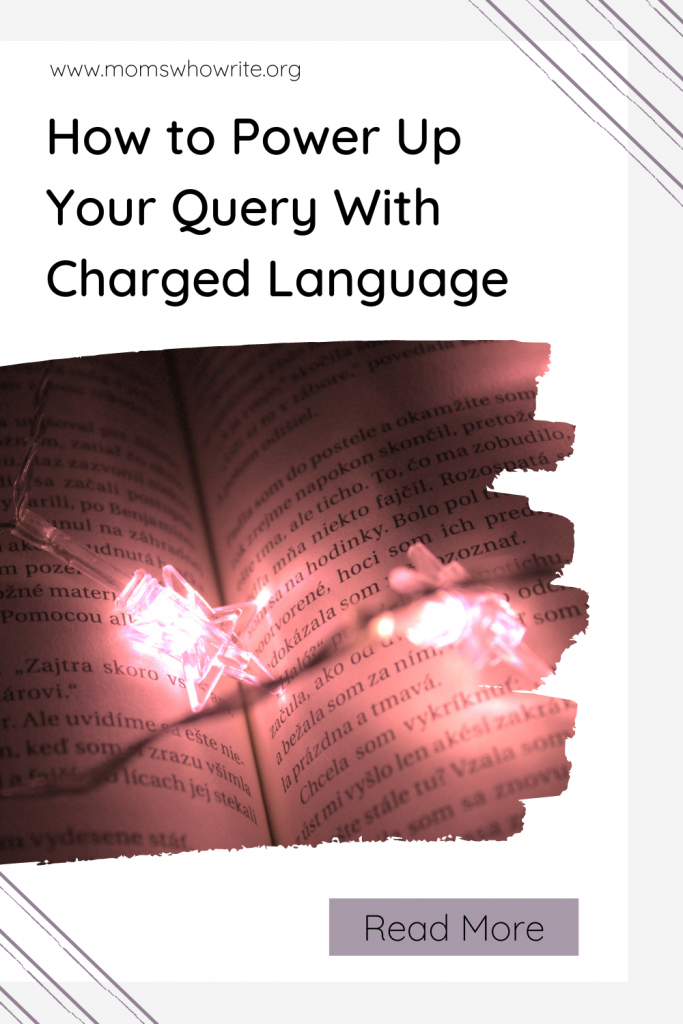
Don’t let querying get you down…we got you
Querying is stressful, we know. Especially in a time where more authors have come out of the woodworks than ever before. It almost seems like everyone had ‘write a novel’ on their pandemic to-do list. But there is always room for more stories. You just have to get the right agent to lay eyes on yours.
For more advice on developing your blurb or query packet, browse the query category. You’ll find a ton of valuable insight.
You can do it!
About the Writer: Kathryn Tamburri (@KathrynTamburriAuthor) writes clean YA epic fantasy novels which seethe with slow-burn romance. You can find more of her writing tips on The Devo Blog at KathrynTamburri.com, and learn from her publishing journey by subscribing to her fun author newsletter!
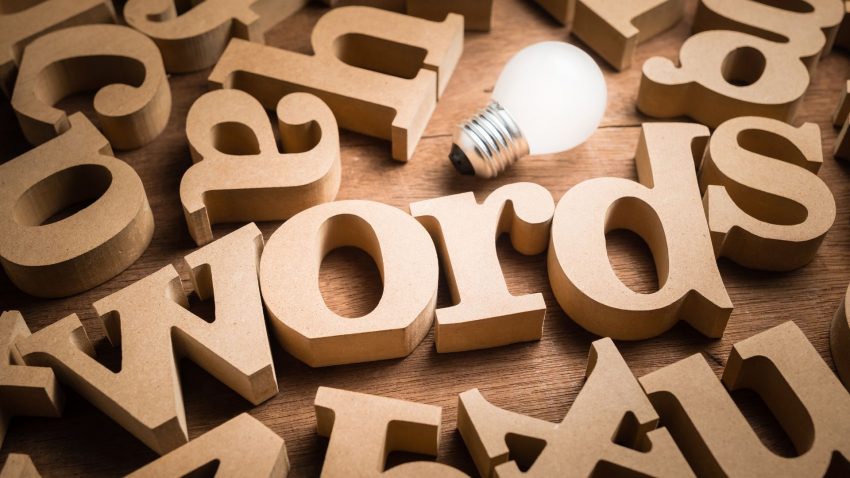
2 thoughts on “How to power up your query with charged language”